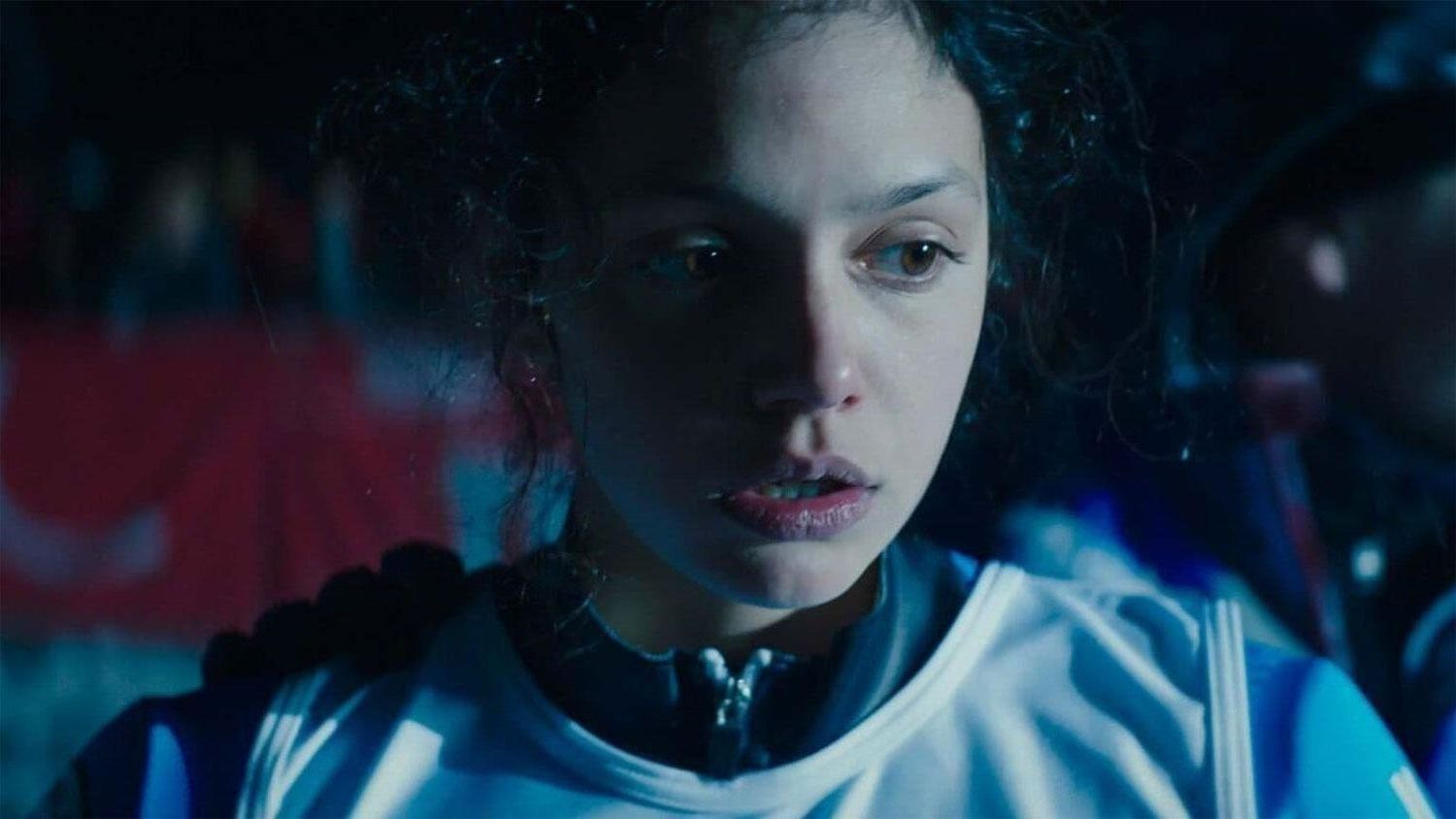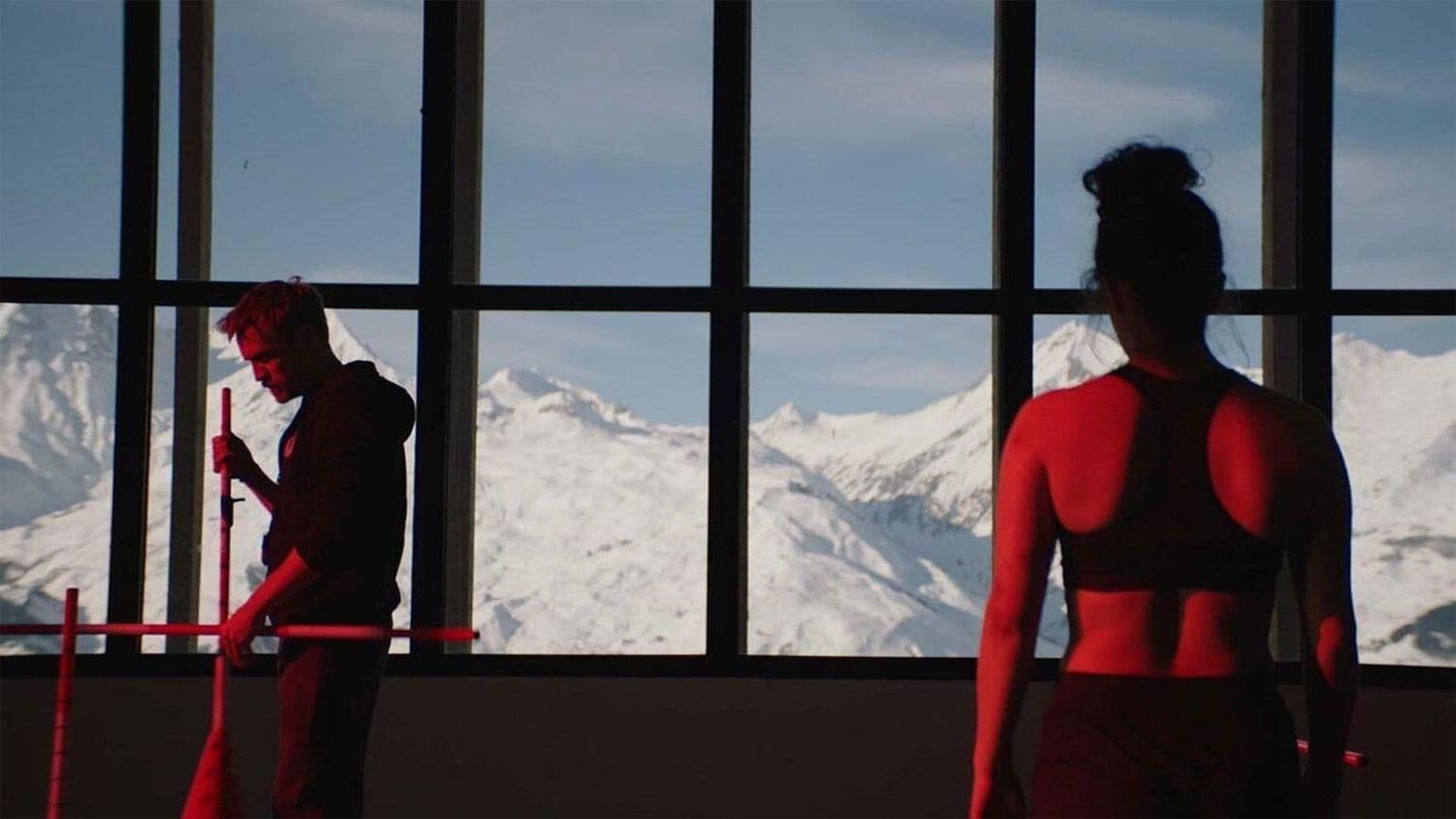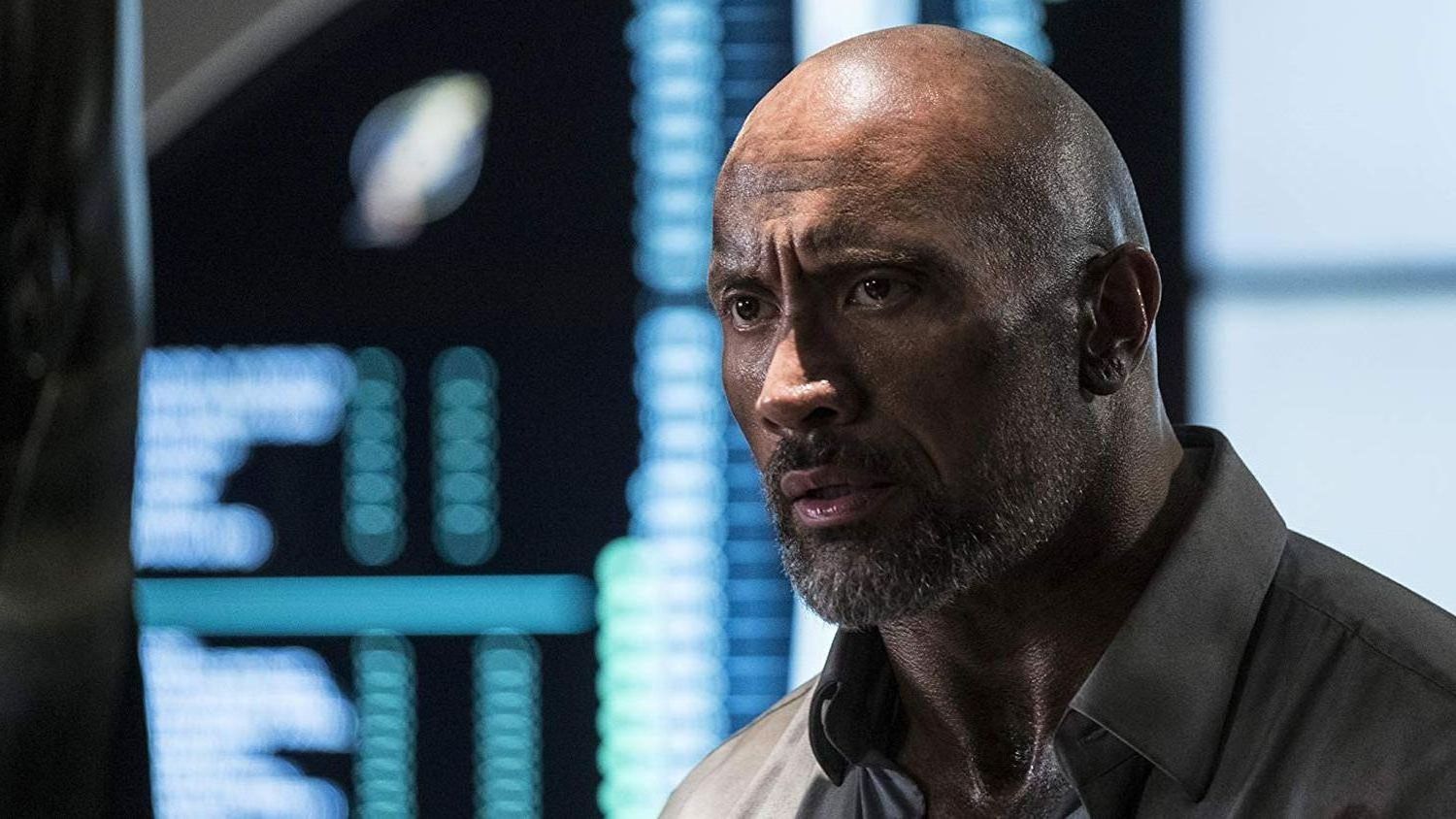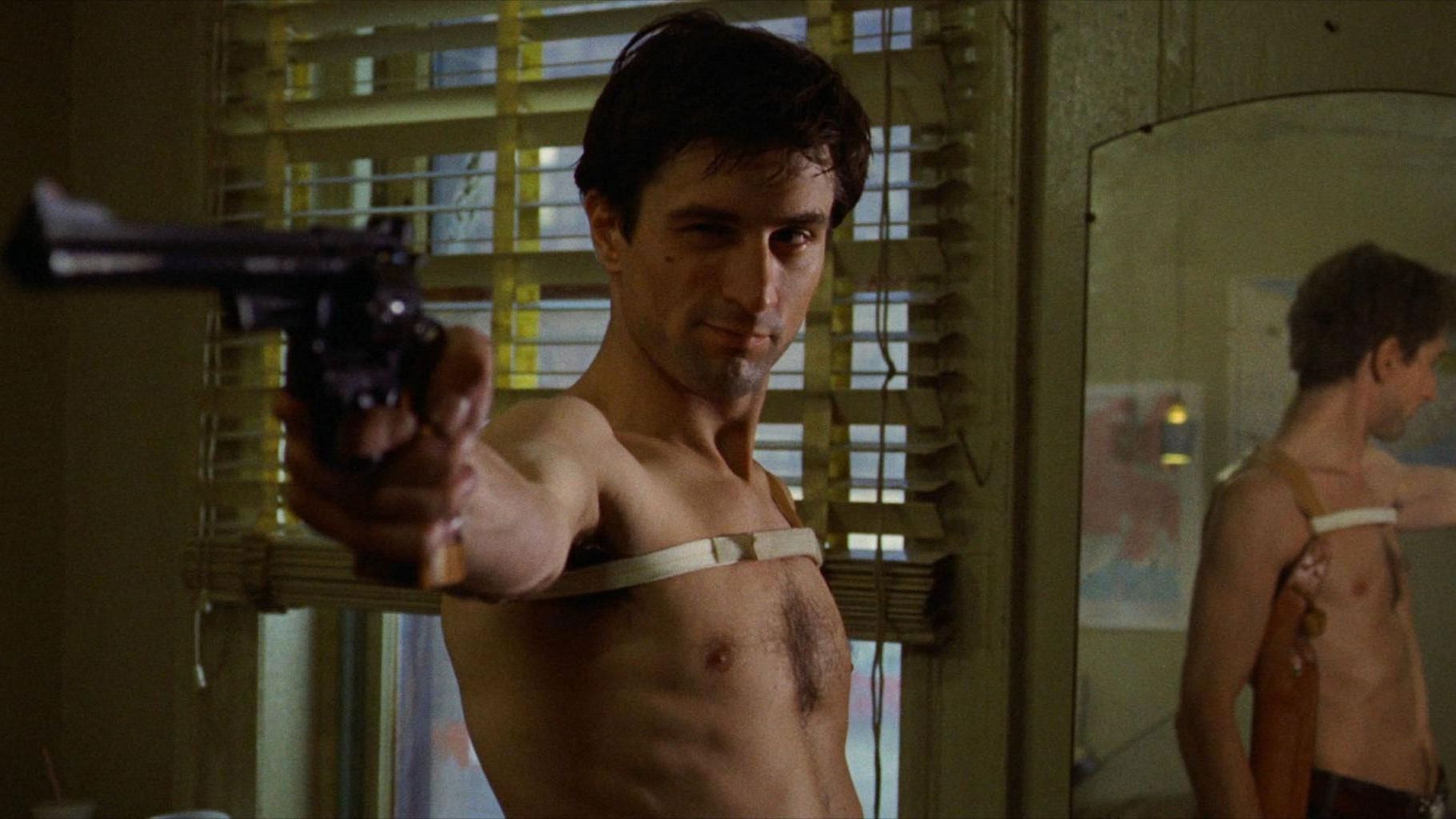
Slalom Review Movie
Slalom Review
For 15 year old Lyz (Noee Abita) having the opportunity to participate in the top-of-the-line ski program within the French Alps isn't just a an opportunity to work in the industry, but also the possibility of finding a place to be a part of. Her father is absent, along with her mother (Muriel Combeau) abandoning her daughter to pursue an affair located in Marseille, Lyz is already lost before being thrown into this gruelling program, in which she will be judged on every aspect of her body, from weight and posture to appearance.

She soon catches the attention of former champion-turned-trainer Fred (Jeremie Renier); at first it's her natural talent that intrigues him, and she in turn responds to both his passion for the sport and the attention he gives her. But, before long, Fred is blurring the boundaries of their relationship by taking the worst form of advantage from her young age and her apparent isolation.
The director Charlene Favier who wrote the screenplay along with Marie Talon, leans into the harsh realities of Lyz's circumstances without hesitation and it's important to note that due to her dedication to real-world realism, Slalom is a difficult to watch, and could trigger anxiety. It's also extremely confined. Lyz lives a life that is rigorous routine and self-sacrificing. There's no space in which to breath, be a mess or to withstand the storms, and experience the joys of teenage years. Many awkward interactions among her classmates make evident what a young Lyz is and how little direction she is receiving. Lyz is effectively an unsupported child in a world of isolation, victimized by a person who is supposed to safeguard and take care of her.
The entire film is stifled, just like the breath held tightly and it's all the more compelling because of it.
In a role that is challenging, Abita is astonishing. She encapsulates both Lyz's growing sexuality, but importantly, never with a manner that suggests she's any other than being manipulatedas well as her vulnerability. Her keen eye and determined determination to climb the mountain contrast with her mental naivety. Abita's nuanced, empathetic performance is easy to see how one can make the other worse.
Cinematographer Yann Maritaud encapsulates Lyz's impossible situation using muted long-shots that leave her uninvolved within the frame or intimate close-ups of anxiety and pain that she stutters to conceal. She is sagging in the midst of an unsolved dark secret that threatens to destroy her. The well-shot sequences in which she is skiing, with the winds whirling in her ears are equally about catharsis as sporting skill.
Beyond these moments all of this savage film is slowed down, much like a breath held in a tight snaffle and made more effective for it. In his portrayal of an incredibly terrifying character, Renier favours a subtle approach. To be fair, Fred isn't given an emotional background as a possible justification for his outrageous behavior. Instead, he's portrayed as an entitled person who believes that his power grants him the right to do what is his will. From the way he asserts his power over Lyz It's evident that it's not the first time he's done this. Similar to Kitty Green's tone like The Assistant, this story isn't about Fred however, but rather the devastating consequences of a multitude of men just like him.

